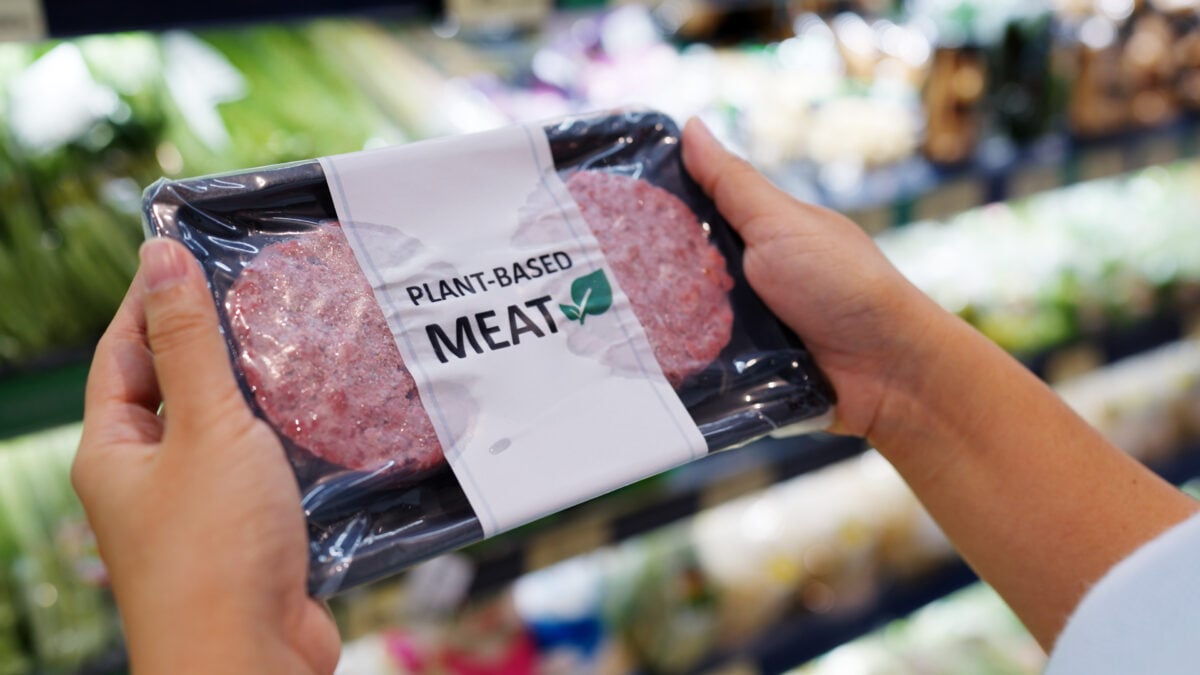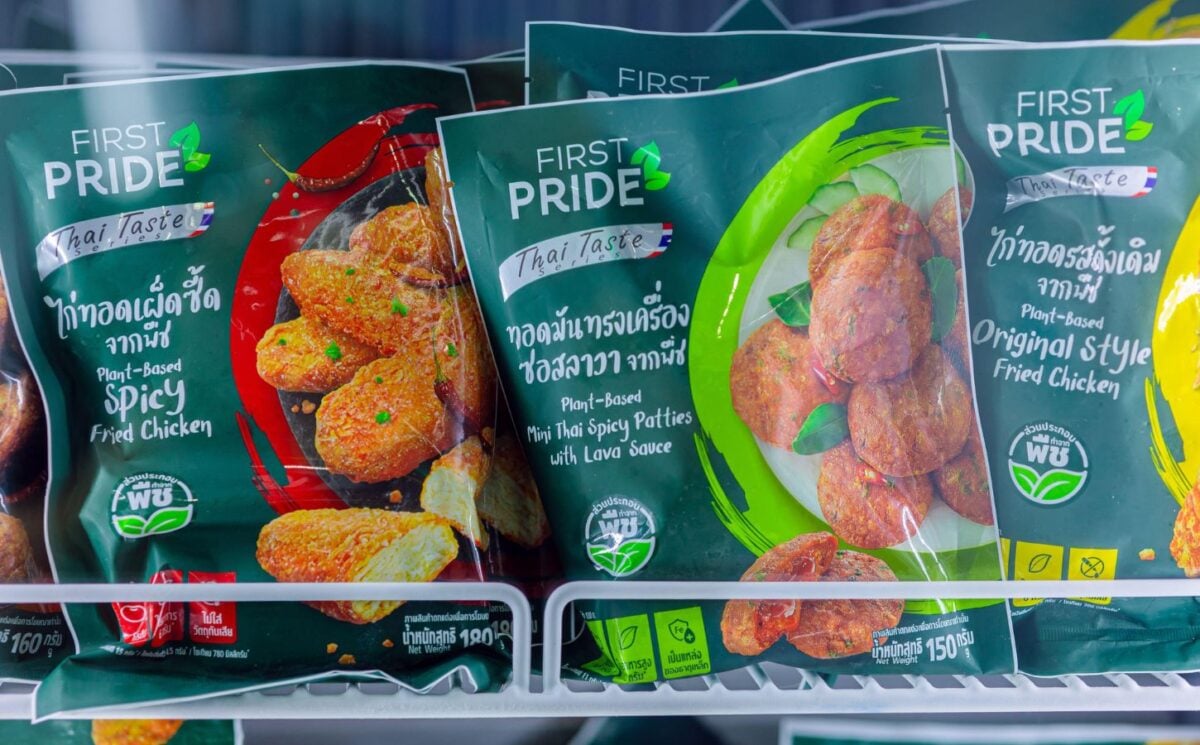Thailand’s Food and Drug Agency (FDA) has published draft regulations proposing bans on plant-based alternatives using meat and dairy-related names and labeling.
These bans could prove to be a significant headache for Thai plant-based food manufacturers if the legal red tape is brought forward. The Thai government says it’s bringing forward measures to deal with supervision and guidelines involving alternative proteins.
Should the legislation be passed, plant-based manufacturers may use terms that reflect the shape and character of the product, for example, “patties,” “mince,” “sausages,” and even “bacon” and “pepperoni, would be acceptable under the new legislation — provided the cover of the packaging states what the product is made from. For example, naming a product as a ‘plant-based burger’ would be deemed acceptable, however, a ‘plant-based chicken burger’ would not make it pass the proposed laws.
New red tape for plant-based food makers
“Words that will cause consumers confusion or to misunderstand the product to be made from meat will not be allowed on the labels,” the Thai FDA said in a statement .
The Thai proposals come in a year when French courts have suspended such bans, with Italy considering this also. Studies show consumers are not confused by plant-based labeling using terms such as “‘milk” ’ or “‘meat.”’. Plant-based companies such as Oatly and Tofurky have won court battles over such labeling laws in the UK and US, respectively.
“We are embarking on a study of the current production and imports of alternative protein products in the country, and studying the related regulations [to apply this knowledge] in the development of regulations and standards in Thailand,” the FDA said. “This will start with an analysis of the plant-based protein sector in Thailand.”
Differences with EU legislation

Unlike in the EU, plant milk would still be allowed to use the word “milk” in the context of, for example, “soya milk,” or “almond milk,” whereas in the EU these products have had to switch to being named “oat drink” or “soya m*lk” to get around the EU legislation.
The FDA also said: “The term ‘dairy-free milk’ is not a real noun and cannot accurately describe plant-based milk alternatives, hence will not be allowed.” Another big concern for Thai plant milk companies is the legislation banning the use of terms “whole’ or “skimmed”’ on drinks that are not of animal origin. Likewise, vegan cheese companies would not be allowed to use traditional terms such as “mature,” or names such as “cheddar” or “mozzarella.” All plant-based food products would be banned from using images of animals, such as cows, chickens, or pigs.
Similar to the labeling bans in other countries, Thai meat and dairy industry lobbying groups have played a big role in pressuring to bring forward such legislation.






